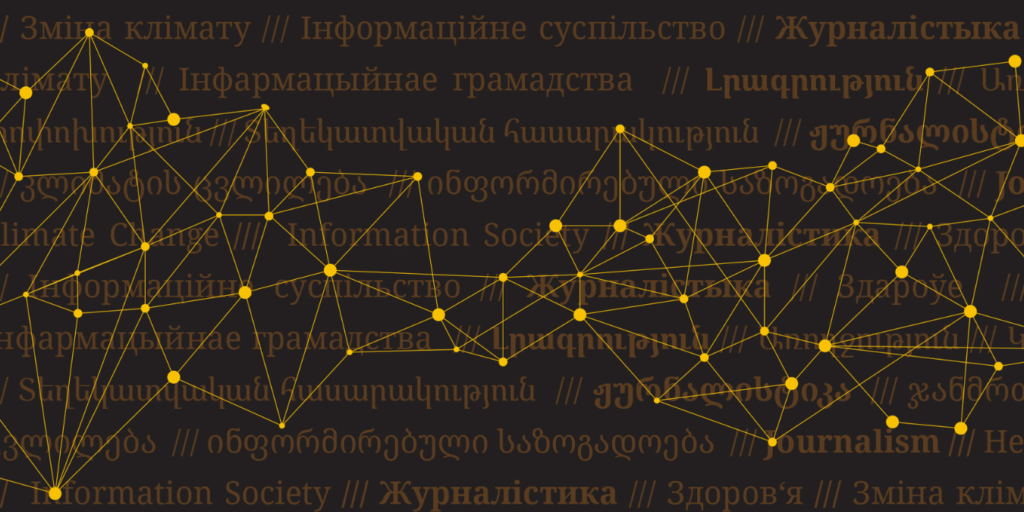

Climate change is connected with disinformation, particularly highlighting how russian state media has been spreading climate denial since the invasion of Ukraine. This disinformation often presents global warming as a "hoax" tied to "Western imperialism," undermining the realities faced by vulnerable nations. Journalists in the EECCA region struggled to balance war reporting with climate issues, often being reassigned or finding their climate stories unpublished. They hear that there are more pressing problems than climate change. Despite the belief that audiences are not interested in climate issues, research shows the opposite: most people do care about climate change and view it as a serious threat. A recent study found that 86% of respondents in 63 countries believe that humans are causing climate change and that action is necessary.
There is never going to be a one size fits all prescription for climate coverage. There’s no one size fits all prescription for any coverage, or any conflict, or any approach to climate action. But there’s a clear demand for a kind of journalism that goes back to many of the core ideas of our profession, and of storytelling.
Katherine Dunn from The Oxford climate Journalism Network
The Conference program included workshops on different topic such as war and climate in the Black Sea, utilizing narratives in climate journalism, integrating local stories into global climate issues, finding open sources for climate investigations, discussing the impact of climate on health, features of climate journalism in the context of war in Ukraine, Belarus-Ukraine relation, field tours in Tbilisi, and discussions on the impact of foreign agent laws on media and how to make climate a relevant topic in newsrooms.